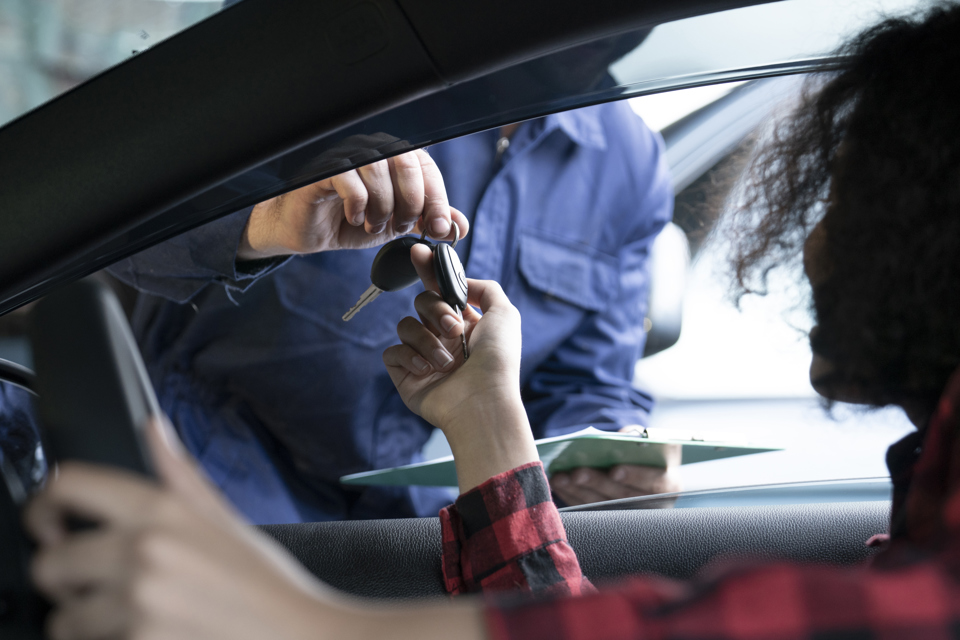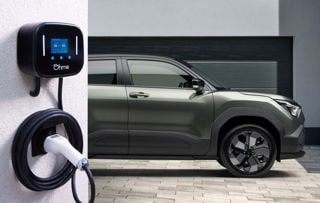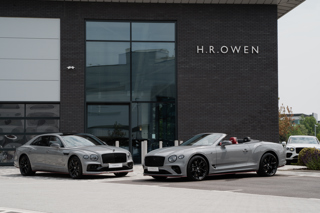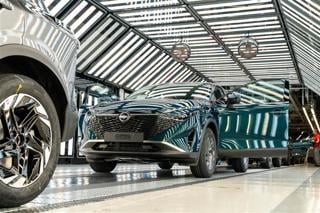Women still face challenges when dealing with mechanics with millions finding a visit to a garage leaves them feeling uncomfortable, according to a new study conducted by Fixter.
It found that 10 million female drivers (60%) face feelings of anxiety and stress about dealing with a mechanic while 8 million (48%) have reported encountering casual sexism from garage staff, such as being referred to as "darling," "love," or "sweetheart”.
The car servicing business said that the prospect of facing such discrimination often results in women delaying crucial service and maintenance checks, ultimately, costing female drivers additional costs through critical issues being missed.
Its survey findings also revealed that 46.5 million Brits (69%) of the nation believe mechanics behave differently to men and women; 12.5 million (75%) female drivers believe mechanics take them less seriously than male drivers; 10.2 million (61%) female drivers have asked a male partner, friend or family member to accompany them.
In response, Fixter said it is now on a mission to empower female drivers and help them combat discrimination within garages which should provide a high-quality service to all, irrespective of gender, age, or mechanical knowledge.
Gender diversity has long been cited as an industry failing. Research conducted by Institute of the Motor Industry (IMI) revealed that only 19% of automotive retail employees were women, while non-automotive industries offers a far more even spread (49% men and 51% women). "The underrepresentation of females is the most significant of all variables tested,” it said, calling on automotive retail employers to create a more diverse workforce.
That study did not investigate the impact of the gender imbalance of customers although The Automotive Council alluded to this when it last year launched an industry initiative to boost female representation to 30% within the next six years to achieve better gender diversity across all roles and levels.
“Diversity, equity, and inclusion (DE&I) are now recognised as critical factors not only for enhancing business performance but also for societal impact,” it said.
Mike Hawes, chief executive of the Society of Motor Manufacturers and Traders (SMMT) and chair of the Automotive Council competitiveness and business environment group, emphasised the urgency of change. "Gender balance is not just about 'doing the right thing'; it's demonstrably good for business," he stated. "The sector should always be representative of the communities in which it is based, and the societies it serves, so addressing gender imbalance is non-negotiable."
Sue Robinson, chief executive of the National Franchised Dealers Association commented: “Franchised dealerships, as crucial players in the automotive industry, are committed to providing a welcoming and inclusive environment for all customers, regardless of gender. The NFDA encourages all automotive businesses to take proactive measures, ensuring that their staff undergo training on customer interaction with a strong emphasis on respect and professionalism.
"At the forefront of addressing gender imbalance in dealerships, the NFDA has established the HR working group, collaborating with leading HR directors to tackle various industry issues, including gender imbalance. Initiatives like Drive My Career, launched in 2018, showcase our commitment to connecting retailers that share the vision of embracing equity in recruitment strategies and diversifying the sector's future skills force.
"Last year, I personally joined the Automotive 30% Club, a network of MDs and CEOs with the goal to achieve a better gender balance by filling at least 30% of key leadership positions with diverse women by 2030. Initiatives like Drive My Career and the Automotive 30% Club play a pivotal role in promoting the automotive sector as an inclusive and diverse workplace. We remain committed to eradicating negative perceptions and fostering an environment where everyone feels valued and respected. Together, through ongoing initiatives and collaboration, we can continue to build a more inclusive and diverse automotive industry.”





















Login to comment
Comments
No comments have been made yet.